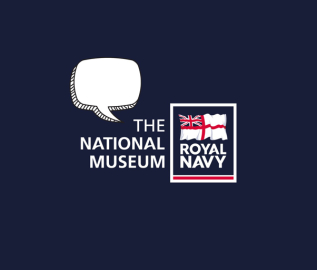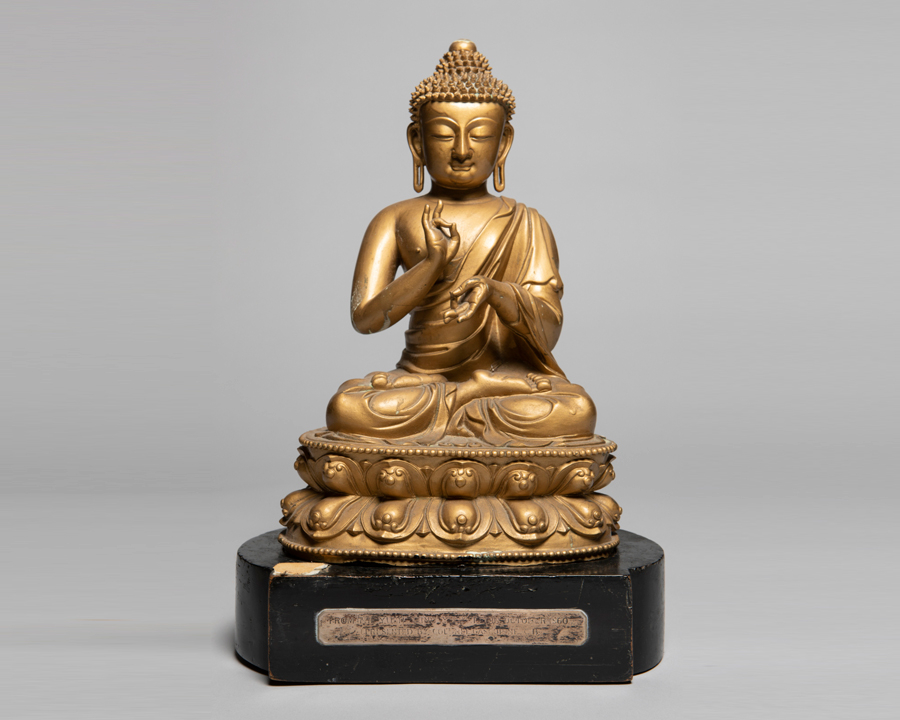Mutual support for museums in Addressing Empire
- View news filtered by: Navy Origins
- View news filtered by: Naval Lives
- View news filtered by: Communities
- View news filtered by type: Press Release

A recent comment piece for Museums Journal is already attracting new members to a network co-founded by the National Museum of the Royal Navy.
Principal Curator (Hartlepool) Clare Hunt writes:
"The Addressing Empire Armed Forces Museums’ Network was formed for mutual support and exchange of information between museums that hold collections acquired as a result of military action by the British in colonial countries. Tools for dealing with terminology, collections databases and interpretation are all being exchanged and discussed, and case studies have been shared for good practice for working with communities."
Armed forces museums, from the nationals to the many regimental museums in the UK, are awake to the need to address their role in the maintenance and expansion of the British Empire. But this is a complex and challenging topic, which means staff in these institutions need help and support to carry out this work effectively and ethically.
Almost all armed forces museums hold material from military campaigns, the majority of which was collected during, or as the result of, conflict. This adds to the challenges for these museums when addressing the legacy of the British empire.

These objects are invariably the result of violent action such as looting or battlefield collecting, and there is often a dearth of information and very little understanding of the significance of the items to their original communities. Staff expertise is often confined to the core military collections and subjects, with limited support to develop knowledge of further sections of the collection.
Furthermore, armed forces collections were created as a vehicle for pride and memorial, and they often have ex-military governance and/or staff. A variety of opinions are present and sensitive handling is often needed to avoid offence or alarm.
Provenance for objects that reflect colonial and imperial histories in armed forces museums is comes from those who “collected” the items or their direct descendants. The terms used to describe acquisition – such as “taken”, “acquired” or even “liberated” – hide methods considered immoral or illegal. This mislabelling is also present in the original cataloguing of these objects, with terms such as “trophy” or “souvenir” commonly used to record items that were looted or taken from the battlefield. The word “trophy” in particular has a celebratory resonance that is no longer deemed appropriate.
We are in the process of removing that term from the “Object Name” field in its collections management system, replacing it with the proper object name, such as clothing, weapon, musical instrument and so on. This dignifies these items with their proper identification and ensures they are accessible in database searches.
The word “taken” is now used to describe the collecting method of an object that was, or mostly likely was, looted or picked up in the aftermath of battle. This approach was inspired by National Museums Scotland’s important research project, Baggage and Belonging: Military Collections and the British Empire, 1750 –1900 (project active from 2017 – 2021) which has been an essential point of reference for the NMRN, itself forming an ‘Addressing Empire’ working group in 2021.
Many armed forces museums have also made significant steps to reinterpret their collections and work with source communities. Projects include the AHRC funded Exchange research project, the Royal Engineers Museum’s Making African Connections, and the Highlanders Museum’s work with communities on subjects such as the Indian Rebellion. Hopefully, these represent just the beginning of improved community relationships and object records, as well as broader narratives for armed forces museums to work with in the future.
The issues outlined above have recently led to several armed forces museums to set up a network to discuss and exchange ideas and pool information about collections. Our museums have many military campaigns in common, some of which were infamous for their widespread looting and “collecting”. Many collections within the network also care for material acquired during military support of the transatlantic slave trade. The smaller museums have very limited staff and resources, but together we aim to share experience and knowledge and to provide support for each other to ensure that object documentation is accurate and more accessible. Our first project is to develop a shared glossary which can be used as a resource across our museums.